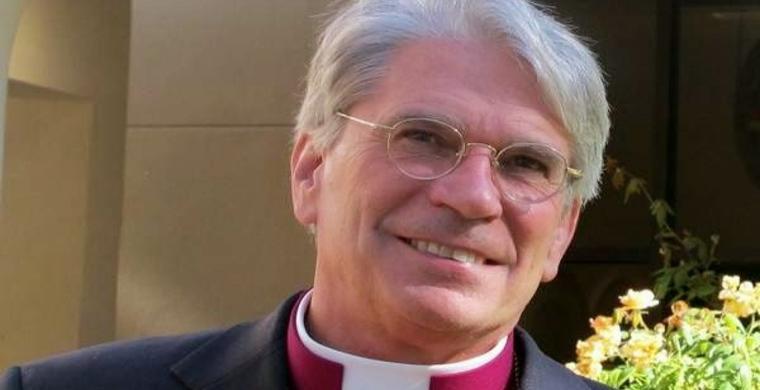SOUTH CAROLINA: The Long Road to Freedom: Diocese and Parishes File 38
Motions for Summary Judgement
Press Release
Charleston, S.C. (December 12, 2018) -- The Diocese of South Carolina (Diocese) continues
on the long road to freedom from The Episcopal Church (TEC), filing motions for summary
judgement in the now nearly six-year-old federal suit brought by its former denomination.
Motions by the Diocese and its fifty-four parish defendants ask the Court to acknowledge, as a
matter of law, they have neither infringed on TEC trademarks, diminished the value of those
marks or harmed the denomination by continued use of names which have been in use before the
denomination existed.
The current federal litigation was initiated by TEC in 2013, after the Diocese made the decision
to disassociate from the national denomination, it helped charter in 1789, five years after its own
founding. The decision to leave was made in the fall of 2012 after denominational leadership
attempted to wrongly remove its duly elected bishop. Over 80% of the congregations and their
members affirmed that decision at a special Diocesan Convention in November 2012. TEC has
never accepted that decision by 23,000 parishioners of the Diocese, continuing to litigate all such
efforts by congregations and dioceses across the country wishing to free themselves from its
control.
The original federal court complaint was initially against Bishop Lawrence alone, asserting that
he continued to hold himself out falsely as a bishop of TEC, thus creating "confusion". In April
of this year the case was expanded to include the Diocese and all its congregations, even those
formed after the disassociation who had no prior affiliation with the denomination. All are now
charged with being party to the willful creation of confusion for attendees by virtue of using their
historic names and continuing to conduct worship as they always have. These actions are alleged
to mislead attendees to believe these are still TEC congregations.
The current motions for summary judgement by the Diocese and its parishes focus on several
important undisputed facts. The first is that the Diocese and many of its congregations existed
before TEC and have their names by legislative or colonial charter. On the simple basis of prior
use, the TEC complaints can be ruled invalid.
There is also the significant issue of the generic nature of the words TEC wishes to claim
protection for, "episcopal" and "church". Whether used separately or collectively, these are in
common use by countless other churches, whose use has never been challenged. Some, like The
Reformed Episcopal Church, have done so since 1784, with no challenge for trademark
infringement or dilution, or any evidence of "harm" to the TEC "brand".
The latter point is also important in the motions for summary judgement. No evidence or
testimony has been presented, particularly for the congregations, that the continued use of the
names these bodies have always held, in any way has harmed TEC.
And by the standard of the South Carolina statute of limitations for state trademark enforcement,
TEC brought its complaint on these issues a good two years too late from the most generous
interpretation of when they began.
Finally, and perhaps most telling, no witness has been able to say the actions of any parish have
confused anyone about whether they are affiliated with TEC. Common sense supports that as the
existence of this dispute and who is on each side have been the subject of many articles in the
local press over the last 6 years.
On the basis of all these facts, the Diocese believes the court should enter a summary judgement
in favor of the Diocese, setting it free from this long, expensive and needless litigation.
The memos in support of the motions of the Diocese can be found on the Diocesan website,
along with further background on the legal struggle. The process for pre-trial motions and
replies will conclude on February 1, 2019, with Judge Richard Gergel expected rule soon
thereafter on which, if any, issues will then go to trial later in the spring.
About the Diocese of South Carolina
The Diocese was founded in 1785 by the parishes of the former South Carolina colony.
Four years later the Diocese became a founding diocese of The Episcopal Church. Based
in the Lowcountry of South Carolina, the Diocese is one of the oldest religious districts in
the United States and counts among its members several of the oldest, operating churches
in the nation.
The Diocese of South Carolina is a member of the Anglican Church in North America
(ACNA) and recognized by Anglican Dioceses and Provinces around the world, many of
whom have broken fellowship with The Episcopal Church. In 2013 the Diocese joined
the global Fellowship of Confessing Anglicans and entered into a formal relationship of
Provisional Primatial Oversight with the Global South Primates. It was welcomed as a
member diocese of the ACNA in June 2017.














